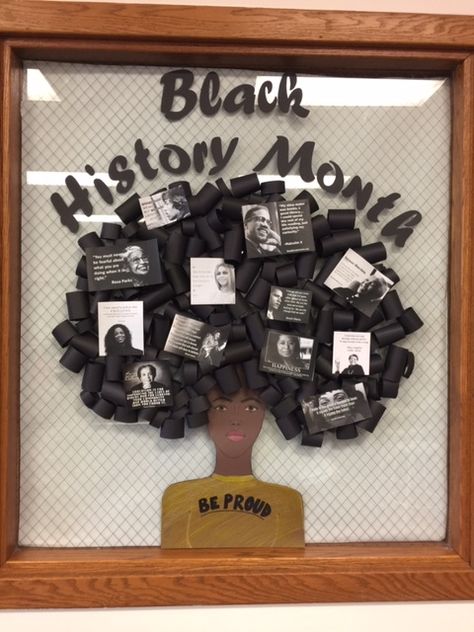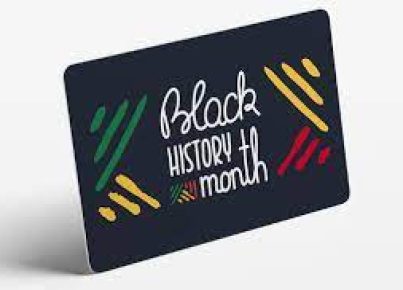Introduction
As Black History Month approaches, educational institutions should consider how they can effectively acknowledge and celebrate this important time. By actively engaging students in the learning process and emphasizing the significance of Black history, schools can create an inclusive environment that fosters deeper understanding and appreciation for various cultures and backgrounds.
1. Curriculum Integration
Educators should make a concerted effort to infuse Black history into the curriculum throughout the entire year, but especially during Black History Month. This can be done through lesson plans, readings, projects, and assignments that highlight the accomplishments of Black individuals in various fields such as literature, science, sports, and politics. By incorporating these stories into the classroom, students can gain a broader perspective on historical events and their impact on contemporary society.
2. Guest Speakers & Performances
Schools can invite guest speakers or host performances that showcase diverse aspects of Black culture. This could include local community leaders, authors, artists, activists, or performers willing to share their experiences and talents with students. Hearing firsthand accounts can provide students with valuable insight into the struggles and successes of those who have overcome obstacles in their lives due to racial prejudice.
3. Historical Field Trips
A great way to engage students during Black History Month is by organizing field trips to locations of historical significance. Visits to museums or local cultural institutions dedicated to preserving African American history can spark curiosity and encourage further exploration into the past. This hands-on experience can help bring lessons learned in class to life.
4. Classroom Discussions & Debates
Facilitating open discussions around race and its impact on society not only promotes critical thinking but also fosters empathy among students. Focusing on different facets such as achievement gaps, systemic racism, or historical injustices will encourage learners to actively participate in meaningful conversations.
5. Film Screenings & Book Clubs
Choose thought-provoking films or novels that deal with issues related to race and social justice as part of a Black History Month program. Book clubs or film screenings followed by meaningful discussions can inspire students to critically examine their own beliefs and challenge stereotypes that perpetuate inequality within society.
6. Collaborative Projects & Competitions
Students can work together on projects that celebrate Black history by creating artwork, writing essays, or participating in various competitions focused on researching influential figures from the past. Schools can also display these projects or host an exhibition at the end of the month to showcase students’ accomplishments.
Conclusion
Schools have a responsibility to educate their students on the importance of all aspects of history, including Black history. By providing opportunities for exploration and discussion during Black History Month, educators can ensure that students gain an appreciation for the contributions made by African Americans throughout history while fostering inclusivity and mutual respect within the school community.





